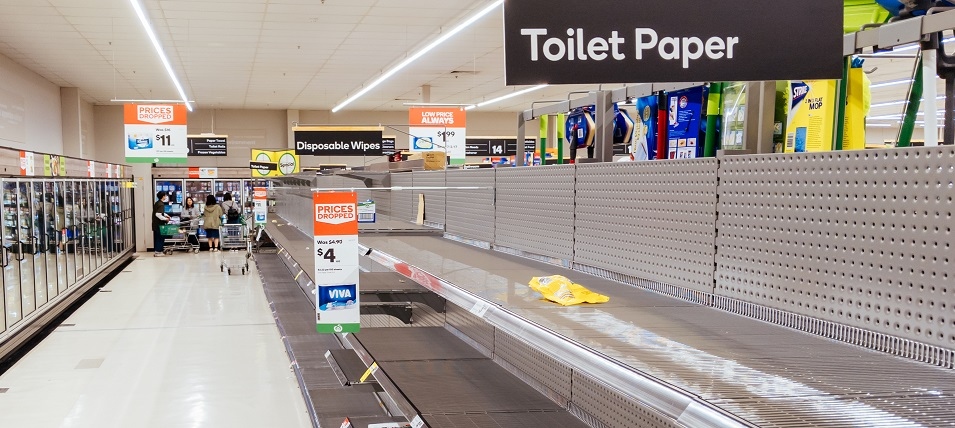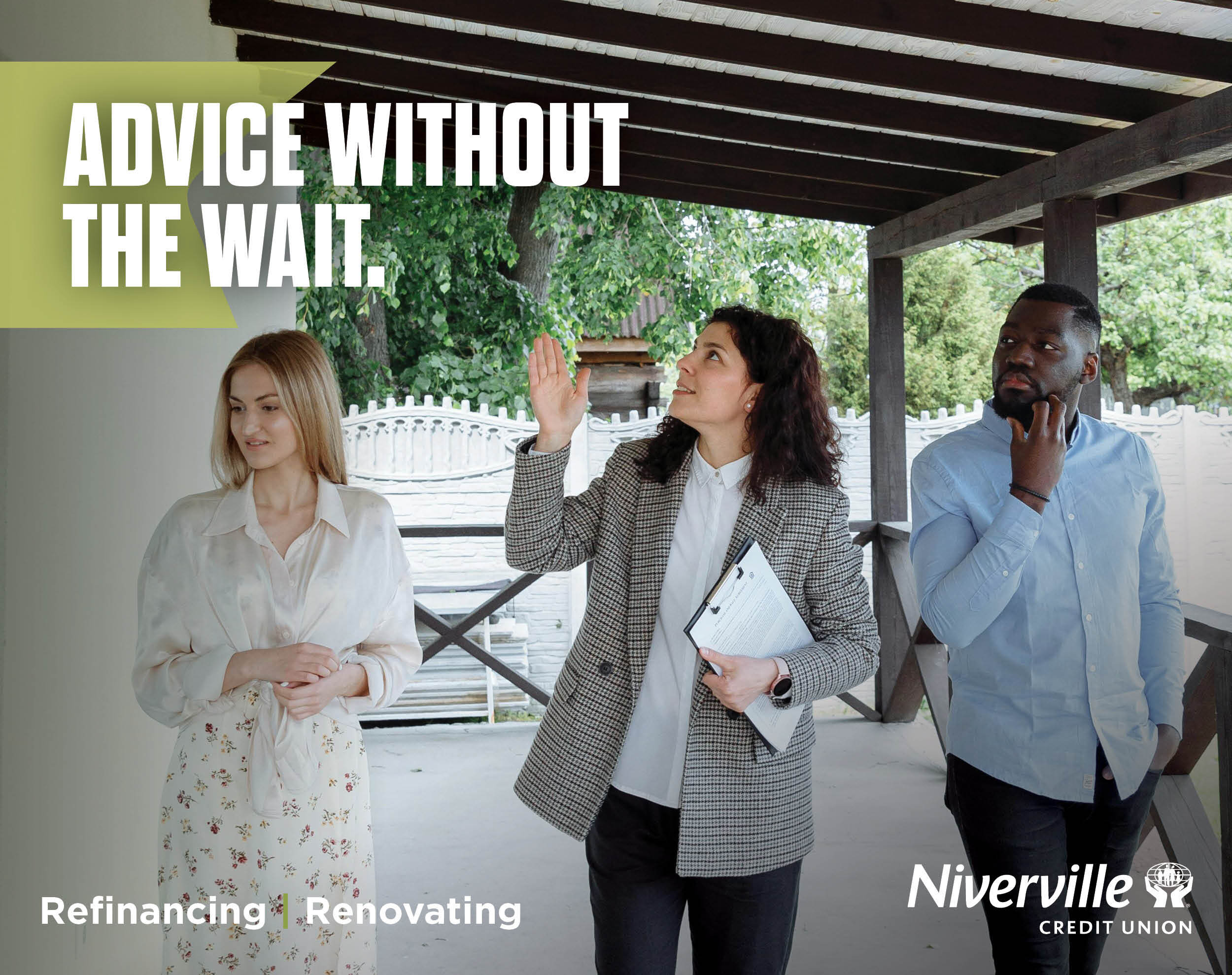
When the COVID-19 pandemic hit, many of the responses we saw from the public were understandable.
There was fear, of course, certainly a normal reaction to abnormal circumstances. There was uncertainty, also reasonable when the future is far from certain. We were all going through something new, something alarming, together—which requires us to learn as we go along.
One reaction, though, seemed so bizarre—and so specific—that it baffled retailers around the world. People were purchasing vast quantities of toilet paper, more than they could use in months. The media was flooded with images of people with grocery carts piled high with bathroom tissue. Line-ups at Costco were filled with ordinary citizens preparing to buy industrial quantities of the stuff.
What had happened? We fell victim to the fear of a toilet paper shortage, and it caused people to engage in a behaviour known as “panic buying.” Which just means that we were purchasing and hoarding a particular product in anticipation of a shortage.
Ironically, panic buying in and itself often causes a shortage, as those of us who ran out of toilet paper in those early days of the pandemic discovered.
While most of the panic buying occurred in the early days of the pandemic, we recently saw something similar with the “gas shortage” in the United States. I put that term in quotation marks, because it wasn’t actually a shortage. And yet people still felt prompted to race to the gas station and fill containers… some of them definitely not approved fuel tanks.
Seeing yet another round of panic buying during the pandemic has prompted some understandable questions. What causes this behaviour? And more importantly, is there anything we can do to prevent it?
Dr. Steven Taylor, clinical psychologist and author of The Psychology of Pandemics, has written and spoken at length on the subject of pandemics. It’s interesting to note that the book was published in October 2019, proof positive, it would seem, that some psychologists may in fact be able to predict the future.
With decades of experience in the field of health anxiety, Dr. Taylor is uniquely qualified to comment on the likely behaviours one might see during a widescale public health crisis like COVID-19. Both in his book and in interviews since, Taylor identified panic buying as an expected public reaction and compared it to similar mob-mentality behaviours in which people act as a group in ways they never would as individuals.
Other psychologists have investigated the behaviours that may result from going through extraordinary circumstances.
The field of survival psychology (the study of human behaviour and psychological health during times of crisis) has existed for decades, and psychologists working in this field have had the opportunity to research what occurs to us during wars, pandemics, or natural disasters. What we’ve discovered is that these extraordinary circumstances provoke predictable reactions centred around a central theme: the loss of the illusion of control.
In other words, pandemics bring into stark relief the realization that we are not in control. As with wars, economic instability, and natural disasters, there are many dangers in our world that are completely beyond our ability to affect them.
Most of the time we can ignore this fact and proceed with the comfortable fiction that we are in control. However, when situations occur that bring to our attention the fact that we don’t have control, and never had it, we can experience powerful anxiety.
Much of the social scientific literature on this subject has identified certain predictable reactions—such as panic buying—as a method of self-soothing, reducing anxiety, and reducing uncertainty.
Simply put, panic buying is a way of “regaining control” over our lives when we feel we’ve lost it.
Some level of panic buying may be inevitable, and may not even necessarily be bad. Self-soothing behaviours are a normal and natural part of our lives, and to some extent we’ve all engaged in them during the repeated lockdowns… as evidenced by the extra pounds we’ve accumulated and hordes of Amazon boxes now filling our recycling bins.
Granted, there are considerably fewer risks to your home when storing extra rolls of toilet paper than there are with storing slowly dissolving grocery bags full of gasoline. But there are also much healthier ways to cope during these times.
Healthy coping skills have been discussed at length by many people during the pandemic, including right here in this space. Reaching out to each other for support, seeking out mental health professionals when necessary, and pursuing healthy alternatives to unhealthy coping (such as exercise or learning a new hobby) have all been shown to have benefits.
There’s also reason to have hope.
In his research, Dr. Taylor shows that resiliency and growth aren’t only possible long-term results of living through a pandemic, but that they were even likely.
In the end, there’s only one thing any of us can really do to exert control and make an impact on the course of the pandemic: and that is, of course, getting vaccinated and encouraging our friends and family to do the same as soon as possible.
Finally, should you find yourself in a situation in which you observe someone engaging in panic buying, consider the best reaction to be kindness and understanding. We are all coping as best we can with the loss of our comfortable illusions. Kindness, unlike hoarding, costs us absolutely nothing.
Plus, at least you’ll know who to call should you ever run out of toilet paper.




















